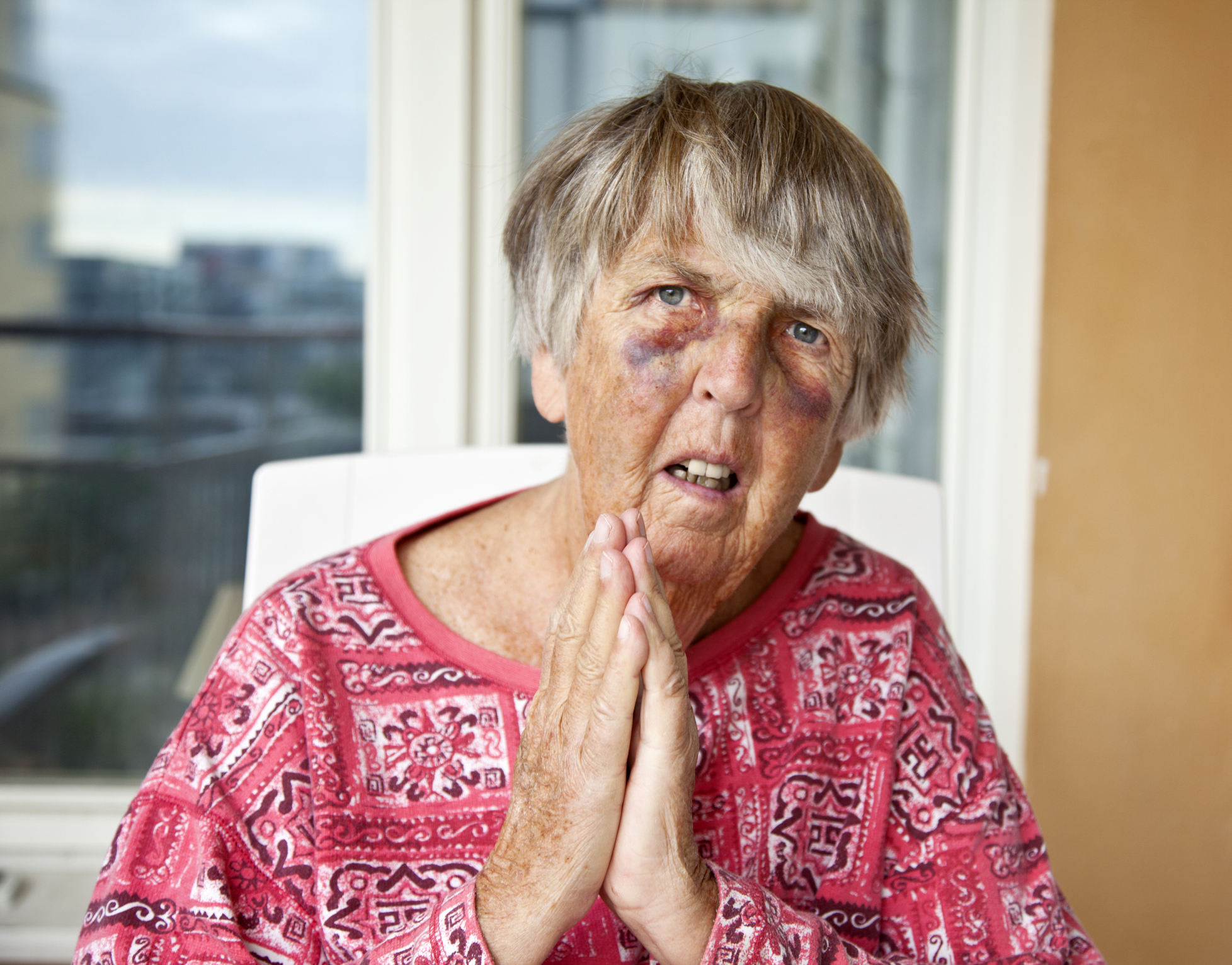Elderly adults can be vulnerable to emotional, physical or financial abuse (or neglect) at the hands of their caregivers and loved ones. But according to recent research, health care practitioners may be missing an opportunity to screen for abuse when seniors are brought to hospital.
Although studies have shown that only about 5 to 10 percent of elderly Americans experience abuse, researchers believe the actual number for frail elders could be quite a bit higher. Not only should hospital staff be well informed about the warning signs of abuse, they have an unique opportunity to take a patient aside privately, away from caregivers, to ask them if they feel safe. Elderly patients with frequent similar readmissions to hospital may indicate to staff that it’s appropriate to have their primary doctor talk with them about their home situation. Observing how caregivers talk to seniors, what types of injuries they have and paying attention to the explanation for the visit to hospital can all raise red flags for staff that something may be wrong.
Doctors may be hesitant to open up a can of worms for themselves and elderly patients who often fear they will suffer more abuse if they accuse their caregiver of neglect or causing harm. And there are very few tools for physicians to employ in order to gather the information they need to help keep elderly patients safe. With grant support from the Canadian Institute of Health Research, researchers at McGill University in Montreal developed the Elder Abuse Suspicion Index to help detect elder mistreatment. EASI employs a set of six questions doctors can quickly ask patients to help determine if further steps should be taken.
Signs of Elder Abuse
- Has trouble sleeping
- Seems depressed or confused
- Loses weight for no reason
- Displays signs of trauma, like rocking back and forth
- Acts agitated or violent
- Becomes withdrawn
- Stops taking part in activities he or she enjoys
- Has unexplained bruises, burns, or scars
- Looks messy, with unwashed hair or dirty clothes
- Develops bed sores or other preventable conditions
Source: National Institute on Aging
With more information and support to identify elder abuse, report it and navigate the legal implications, doctors and hospitals are in a position to improve quality of life for older adults. Physicians are only the first step in tackling elder abuse however, hospitals and communities have social workers who are trained to investigate claims of abuse or neglect and confirm suspicions of mistreatment. In some cases, social services may be able to help caregivers experiencing stress or burnout that can lead to abuse. Early interventions help protect vulnerable seniors while supporting family caregivers.






Add Your Voice
0 Comments
Join the Discussion